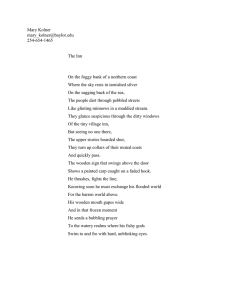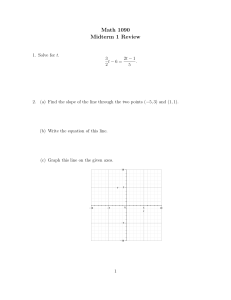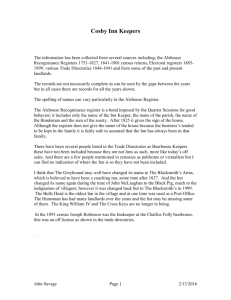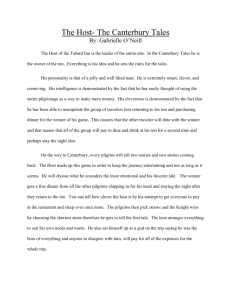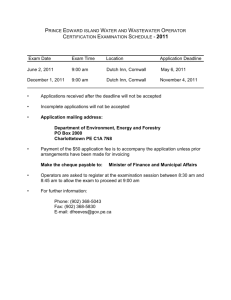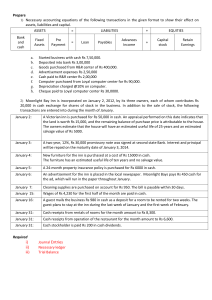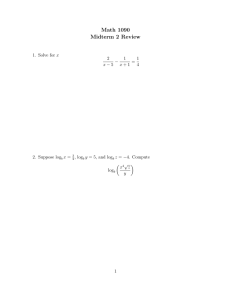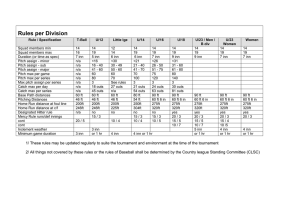Question A : Imagine a world with the aggregate production function :
advertisement
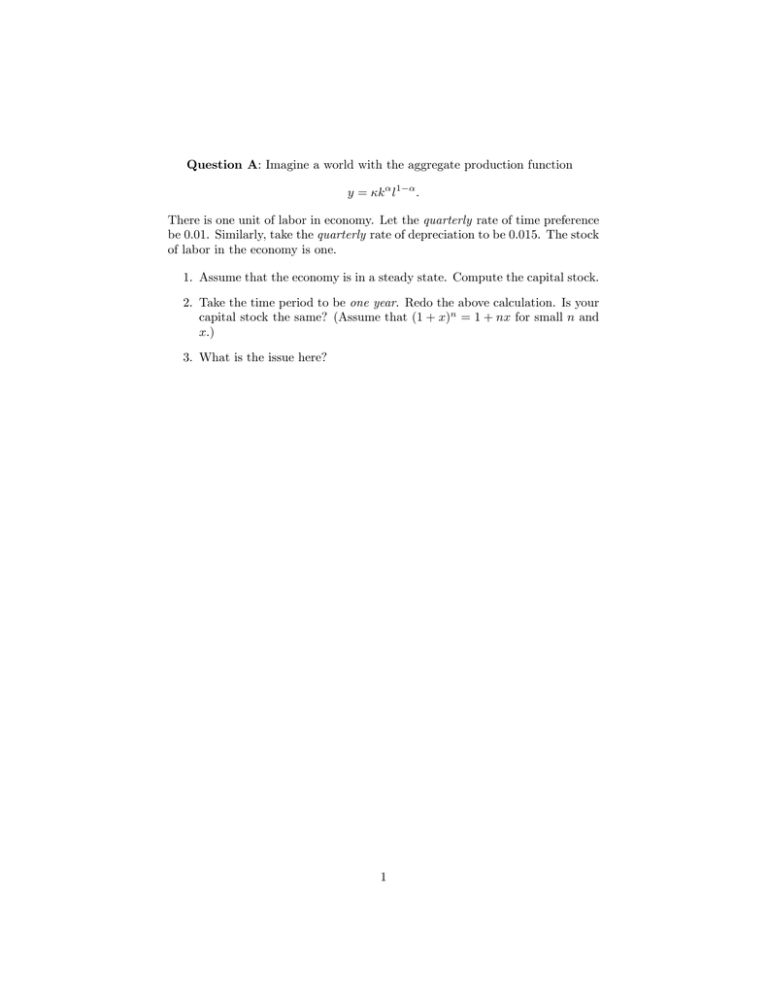
Question A: Imagine a world with the aggregate production function y = k l1 : There is one unit of labor in economy. Let the quarterly rate of time preference be 0:01. Similarly, take the quarterly rate of depreciation to be 0:015. The stock of labor in the economy is one. 1. Assume that the economy is in a steady state. Compute the capital stock. 2. Take the time period to be one year. Redo the above calculation. Is your capital stock the same? (Assume that (1 + x)n = 1 + nx for small n and x:) 3. What is the issue here? 1 Question B: Consider the following optimization problem: V (y) = maxfln c + V (y 0 )g; k1 ;k2 subject to c + k10 + k20 = y; and = y 0 = x(k1 ) + z(k20 ) , where x is a constant and 0 < ; is distributed as follows: < 1. The random variable z 2 fz l ; z h g @ R+ Pr[z = z i ] = 1=2 for i = l; h: Characterize the solution for the decision rules for k10 and k20 . What is the solution for consumption? How does income evolve over time? 2
